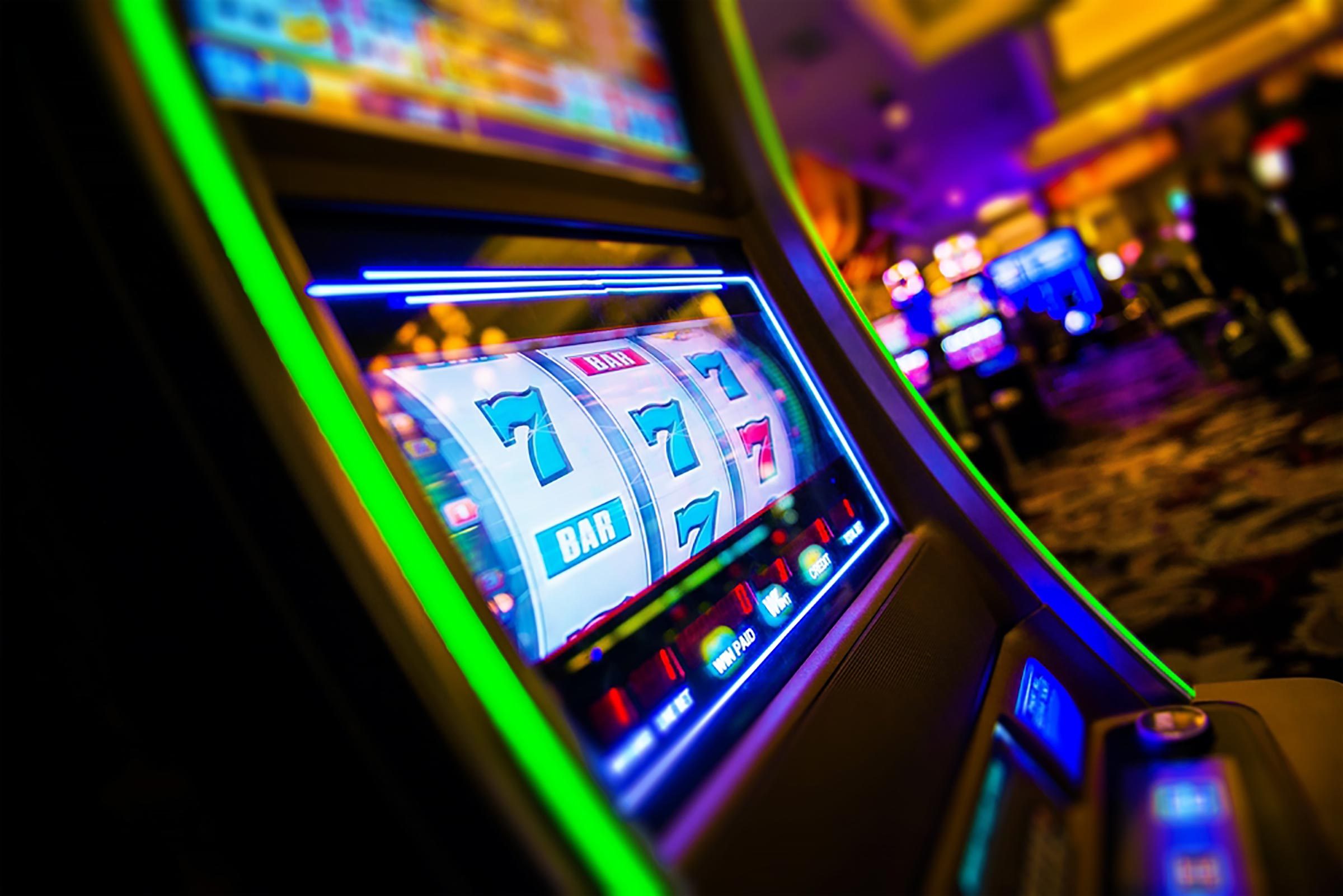
Casino games have long been a engaging entertainment option, drawing numerous of players from diverse cultures around the globe. From the opulent casinos of the Strip to the busy gambling halls of the Cotai Strip, these games serve as a link that brings together people across a variety of backgrounds. The allure of fortune, tactics, and gambling entices not only those seeking to gamble for profit but also those seeking a shared experience.
The cultural impact of casino games extends far beyond the gaming floor. They often embody the social norms and principles of the societies in which they prosper. Games such as seven-card stud, blackjack, and the spinning wheel have embedded themselves into the fabric of popular culture, influencing multiple fields from cinema to clothing. As we explore this fascinating intersection of gambling and culture, we can comprehend better how gambling games shape and are affected by the environment surrounding us.
Chronological Development of Gaming Games
The roots of gaming games can be followed back to historical civilizations, where betting in various forms was extensively engaged in. In the East, around two thousand three hundred years before Christ, a type of gambling known as Keno was popular, while in old Rome, soldiers would often bet on the consequences of their contests. The idea of using chance for fun and income progressed over the years, leading to the formation of more formal activities. By the final Middle Ages, gambling houses initiated to surface in the continent, particularly in Italy, which introduced early versions of well-liked activities still enjoyed today.
As gambling increased fame in Europe, the 17th and 18th centuries saw the appearance of gaming houses as specialized venues for gaming. The first official gaming venue, the Ridotto, was set up in the city of Venice in 1638, providing games like Baccarat and Faro. This period marked a significant turning point, as gaming venues started to draw not just the wealthy but also the expanding middle-income class. The sophistication of games grew, leading to the introduction of new guidelines and versions that enriched the gaming experience.
In the 19th century, the industrial revolution and changes in social conventions additionally transformed the landscape of gambling games. The introduction of roulette and contemporary one-armed bandits drew a more diverse crowd, and gambling establishments became seen as legitimate fun. This era witnessed the international spread of casino activities, as casinos extended from the continent to the Western Hemisphere, culminating in the establishment of the legendary Las Vegas Strip in the twentieth century. The evolution of gambling activities has persisted into the current era, integrating new technologies and online services, allowing them accessible to a global audience.
## Cultural Significance within Various Cultures
Casino activities have profound cultural significance within numerous cultures across the planet. non UK casinos In Las Vegas, the very essence of the city is woven around casinos, where gaming is not just a hobby but a key aspect of leisure and social interaction. The vivid lights and dynamic atmosphere attract a vast audience, showcasing how casino games can shape local economies and local cultures. This surrounding transforms the notion of leisure into an enriching encounter that shapes apparel, sound, and even cinema.
On the other hand, some cultures treat wagering with an air of caution, considering it through the lens of ethical considerations and customs. For instance, in numerous Oriental societies, games like Mahjong and Pai Gow are steeped in history and possess significant social meanings. These games are often played during meetings and occasions, fostering community bonds and solidifying kinship ties. The act of participating in these games goes beyond mere leisure, reflecting ethics such as honoring elders and the value of collective enjoyment.
At the same time, in Western countries such as the principality of Monaco and Rome, gambling activities serve as symbols of wealth and refinement. The refined atmosphere of these establishments attracts both travelers and locals, reinforcing a sense of prestige and exclusivity. The art of poker and the strategic elements of games like baccarat are esteemed, shaping social dynamics and creating an appeal that captivates a heterogeneous audience. This emphasizes how casino games can both mirror and mold societal views towards risk, gain, and community interaction.
Economic Impact and Tourism
Gambling activities play a important role in the financial context of many areas, particularly those that depend significantly on tourism. The revenue produced from gambling establishments fuels local financial systems, creating jobs not only within the casinos themselves but also in related sectors such as hotel management, dining, and entertainment. This surge of tourists, drawn by the allure of gambling and the overall casino experience, stimulates expenditure across multiple local enterprises, contributing to the economic health of the area.
The presence of casinos often leads to the development of facilities, including hotels, transportation systems, and leisure amenities. These developments are essential in enhancing the overall visitor satisfaction, making locations more appealing to tourists. Additionally, many casinos contribute in local communities through sponsorship of activities and philanthropic initiatives, further embedding themselves into the community structure of the locality. Such investment not only supports economic growth but also fosters a positive reputation of the gambling sector.
In addition, the worldwide appeal of casino games drives tourism competition, with locations vying to attract players from across the globe. Iconic destinations like Las Vegas and Macau have become synonymous with gambling culture, drawing millions annually. This advantage encourages innovation and variety within the gambling sector, influencing developments in leisure and hospitality that extend beyond their limits. The ripple effects of this tourism extend wide, impacting local economies and cultural interactions on a worldwide scale.
